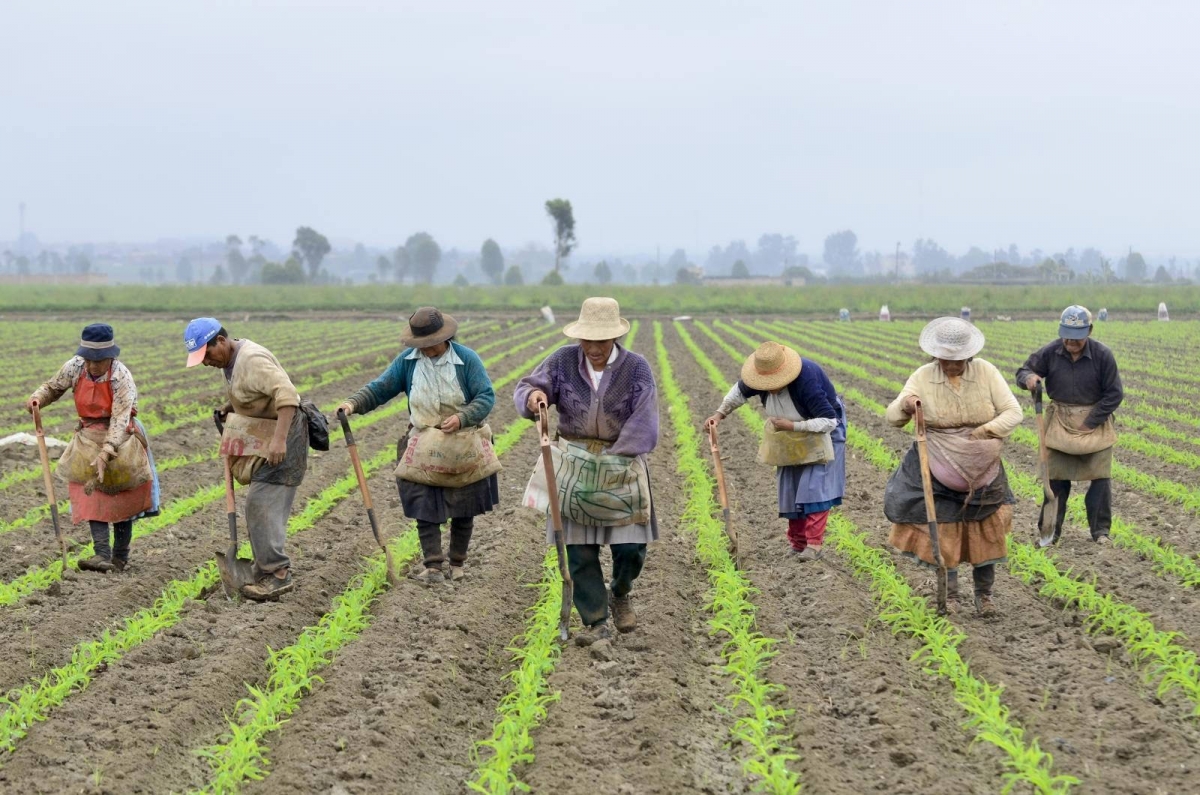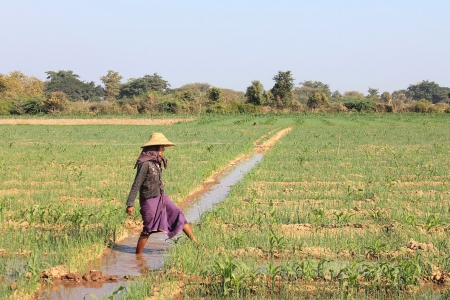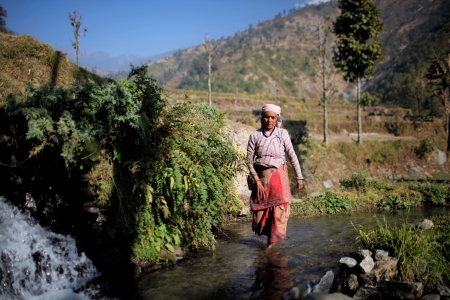WLE contributes to the global SDG process
The Sustainable Development Goals (SDGs) are to guide the way toward complete eradication of extreme poverty before 2030.
The goals are based on the Millennium Development Goals (MDGs) and are to continue to build on the great progress achieved between the launch of the MDGs in 2000 until today. However, the MDGs did not always live up to their promise. For example, the objectives for decreasing child mortality and improving water and sanitation were far from achieved.
Therefore, the seventeen new SDGs set out to be more integrated, more sustainable and more achievable. But, with these ambitions arise also new complexities – not least when it comes to the trade-offs between development and environmental preservation.
Highlighting trade-offs and opportunities
The ambitions of the SDGs clearly echo WLE’s ecosystems-based approach: Equitable development can only be achieved by considering, protecting and sustainably using the ecosystem services—that is, benefits such as soil, water and climate—that that we all depend on.
Finding ways to assess and manage trade-offs and opportunities—balancing development, environmental preservation and other needs and rights—may be the most important contribution scientists from WLE and its partners have made to the SDG process.

Targets and indicators cannot stand alone
What information is needed to make better development decisions? Which set of interventions will maximize a nation’s capacity to meet the new Sustainable Development Goals and how will we measure progress?
Keith Shepherd and the Land Health Decisions team at the World Agroforestry Centre (ICRAF) call on the United Nations and private sector to dispense with the highly criticized target setting approach. Instead they propose a new solution: decision analysis concepts and tools. [Read more]
Local context matters most
Scientists at the International Water Management Institute (IWMI) cautions against an overly rigid approach to implementing SDGs, which could limit development options for poor countries, particularly in how they are able to manage critical water resources.
A new report defines key challenges as setting realistic targets, carefully considering the local context to address the needs of the poor and promoting sustainable water resources development in a way that values healthy ecosystems. [Read more]




%5b2%5d/index.jpg?itok=cmTC-WgA&c=feafd7f5ab7d60c363652d23929d0aee)





